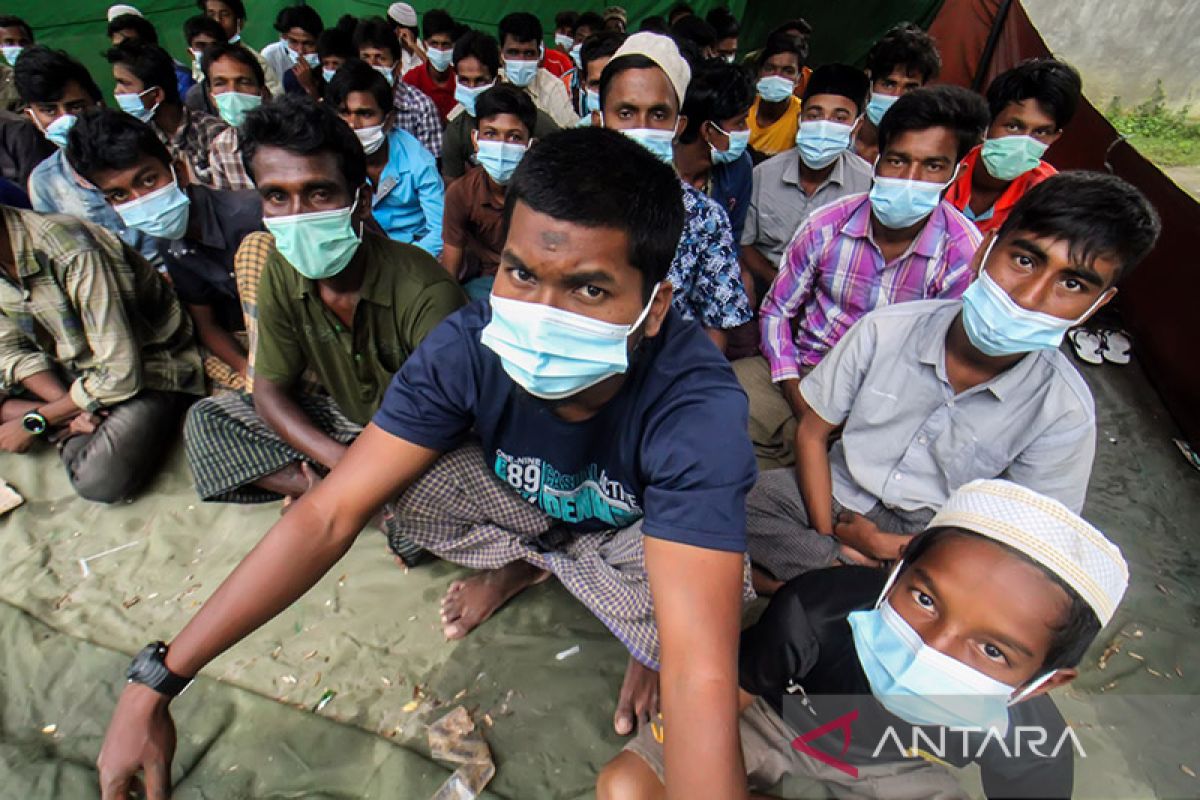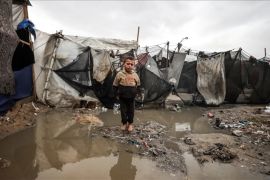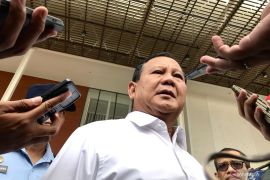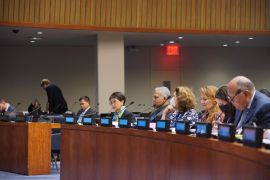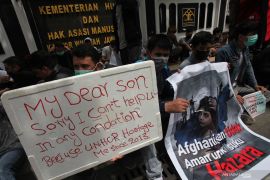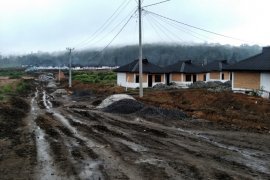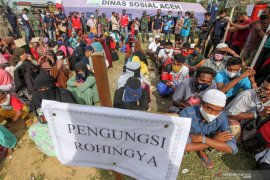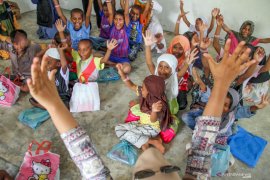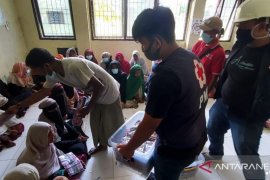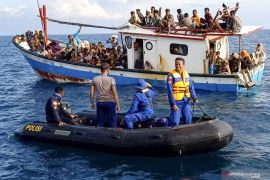“This collaboration is expected to utilize the development of digital technology, which is now increasingly needed. For example, in the future, it is highly necessary to use cashless aid distribution facilities to help refugees to obtain basic needs,” KNEKS Executive Director Ventje Rahardjo said.
He made the statement during the launch of the UNHCR (United Nations High Commissioner for Refugees) Islamic Philanthropy 2022 Annual Report, held virtually here on Wednesday.
KNEKS is also seeking to fulfill the need for strengthening the economic and Islamic financial ecosystem in relation to support for the utilization of zakat (alms) and waqf funds to help mustahiq (zakat beneficiaries) who are refugees, he explained.
The distribution of aid to mustahiq must be encouraged to optimize the accuracy of targeting, the accuracy of the form of assistance provided, the speed of distribution, the increase in the benefit of aid, and the availability of valid and real-time data on the distribution of aid, he added.
Citing the increase in the humanitarian needs of refugees, Rahardjo urged all Islamic philanthropic organizations, Indonesia’s amil zakat agencies, Islamic institutions, and related corporations to build strong cooperation with the UNHCR.
Such cooperation can be developed and carried out through programs for refugees, he added.
According to the data, as of November 2021, most of the refugees in Indonesia came from Afghanistan, Somalia, and Myanmar.
Indonesia also ranked fourth in Asia in terms of the number of refugees, after Thailand, Bangladesh, and Malaysia.
Globally, at least 60 million people have been forced to flee their homes and the count has continued to increase, for instance, the number of refugees in the Russia-Ukraine conflict has touched 3 million.
“Therefore, we encourage the international community to be concerned about all refugees and this concern needs to be applied with the same standard regardless of the origin of the conflicts,” he stressed.
Related news: Jakarta Governor lauds collaboration for vaccinating asylum seekers
Rahardjo also said he believed that it is important for entities in Indonesia and also globally, both public and private, to join hands with UNHCR as the refugee crisis is not only a UNHCR problem, but a humanitarian issue, and resolving it is a shared responsibility of all relevant institutions.
Another concerning fact is that 60 percent of more than 80 million refugees worldwide are coming from the Organization of Islamic Cooperation (OIC) countries, he noted.
“In this case, KNEKS also supports efforts to make Islamic philanthropy fund, especially zakat, as a supporter funding assistance for refugees,” he remarked.
Related news: Jakarta to cease humanitarian assistance for refugees by August-end
Reporter: Juwita Trisna Rahayu
Editor: Rahmad Nasution
Copyright © ANTARA 2022
